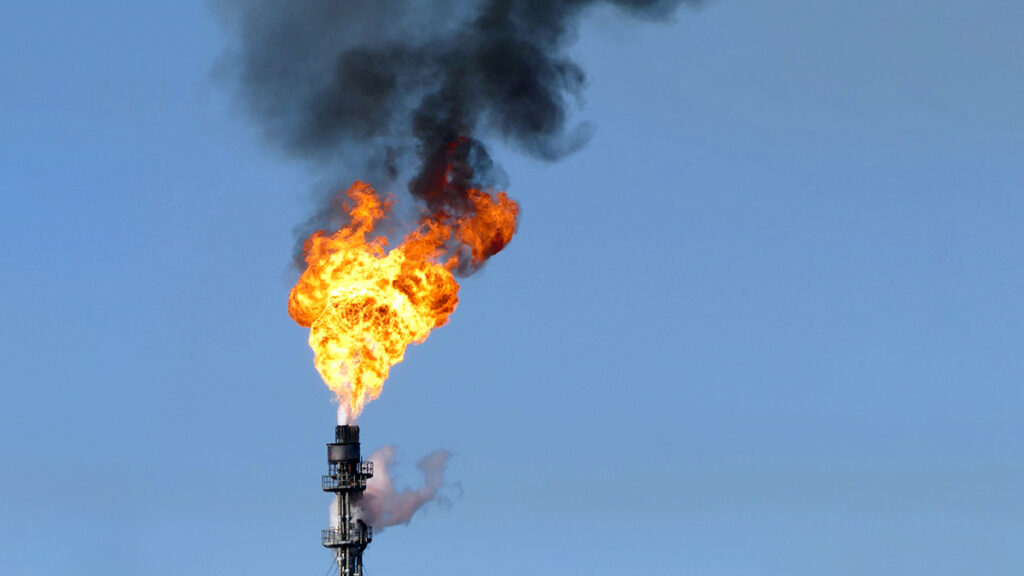
This motion is being introduced by Councillor Charles Jago at the July 2021 Council meeting. The purpose of this motion is to ensure that Council phases out all use of “natural gas” in its operations as soon as possible.
This motion is important because it allows Council to contribute to reducing carbon emissions, in the context of the climate emergency. Council can set an example, as a precursor to working more in the community on similar programs.
The motion – as shown in the Council Meeting agenda
Background
Building on Council’s decision of 23 June 2020 to adopt 100% renewable electricity from 1 July 2022 at the latest, this motion seeks to phase out the use of “natural” (ie fossil) gas as well, as soon as possible.
Recent scientific advice via the Climate Council (1) now advises that the world must meet net zero emissions by 2035, and 75% below 2005 emissions by 2030 in order to safeguard ecological and geographical systems that support human life. There is no safe level of global warming. In order to minimise temperature increase, most of the changes needed to get to net zero emissions are required in this decade. Yet the world remains on track for 3°C of warming this century, which would be catastrophic for Australia even before that occurs.
Recent scientific advice (2) also states that gas contributes as much to global warming as coal and that gas cannot be considered a transition fuel. In particular, fugitive emissions from the gas production and supply chain can make it potentially more dangerous than coal. In particular, the International Energy Agency warns that the target of net zero by 2050 cannot be met while also developing new coal and gas resources (3).
Current electrical appliances are more efficient at space heating and cooking. With rising gas costs and the rapidly increasing proportion of electricity generation by renewables, the safety, economic and emissions implications of choosing household energy appliances have changed to favour electrical appliances (4). For space heating, new reverse cycle air-conditioners operating at efficiencies of over 500% are cheaper and more environmentally friendly, without the fumes from unflued gas heaters. For cooking, induction cooktops are safer, more efficient and cheaper than gas.
In addition, gas brings health dangers such as increased respiratory problems from its emissions of nitrogen dioxide and carbon monoxide (5).
Recommendation
That Council:
- Notes that the City of Canada Bay Council has passed a climate emergency motion.
- Notes that the City of Canada Bay Council has adopted an emissions reduction target of net zero by 2030 for Council operations as part of the Emissions Reduction Action Plan.
- Notes that the Emissions Reduction Action Plan already has projects to replace gas boilers at the Cabarita and Drummoyne Pools with efficient, all-electric heat pumps.
- Notes that the Emissions Reduction Action Plan includes an action to prepare a sustainable buildings policy which should be prioritised for delivery by December 2021.
- Notes that the NSW Government has adopted a 2050 target for net zero emissions (6).
- Cease the installation of new gas appliances in all Council buildings (including Council’s housing portfolio), with the exception of currently committed projects. High-efficiency electrical appliances will be used in new installations, and to replace existing appliances reaching the end of their economic life. These requirements will be implemented into Council asset management plans and the planned Sustainable Buildings Policy.
- Develop an overall plan to phase out all use of gas in Council operations, with a report to be brought back to Council as soon as practicable. The plan will address three programs:
- Emissions Reduction Action Plan. Council has already committed to install electric heat pumps at Cabarita and Drummoyne Pools to replace gas boilers.
- All-electric Council operations (where Council pays the gas bill) – present a schedule for phasing out existing gas appliances at end of economic life.
- All-electric rental properties (where Council owns the facility but does not pay the gas bill) – present a schedule for phasing out existing gas appliances at end of economic life.
- Seeks to gain additional support for this issue through LGNSW and SSROC.
References/ Links
- Aim High, Go Fast: Why emissions need to plummet this decade
- Resources explainers: Why is gas bad for climate change and energy prices?
- International Energy Agency says radical change needed to reach net zero emissions by 2050
- Household fuel choice in the National Energy Market
- Why experts are sounding the alarm about the hidden dangers of gas stoves
- Net Zero Plan Stage 1: 2020-2030, NSW Government 2020
